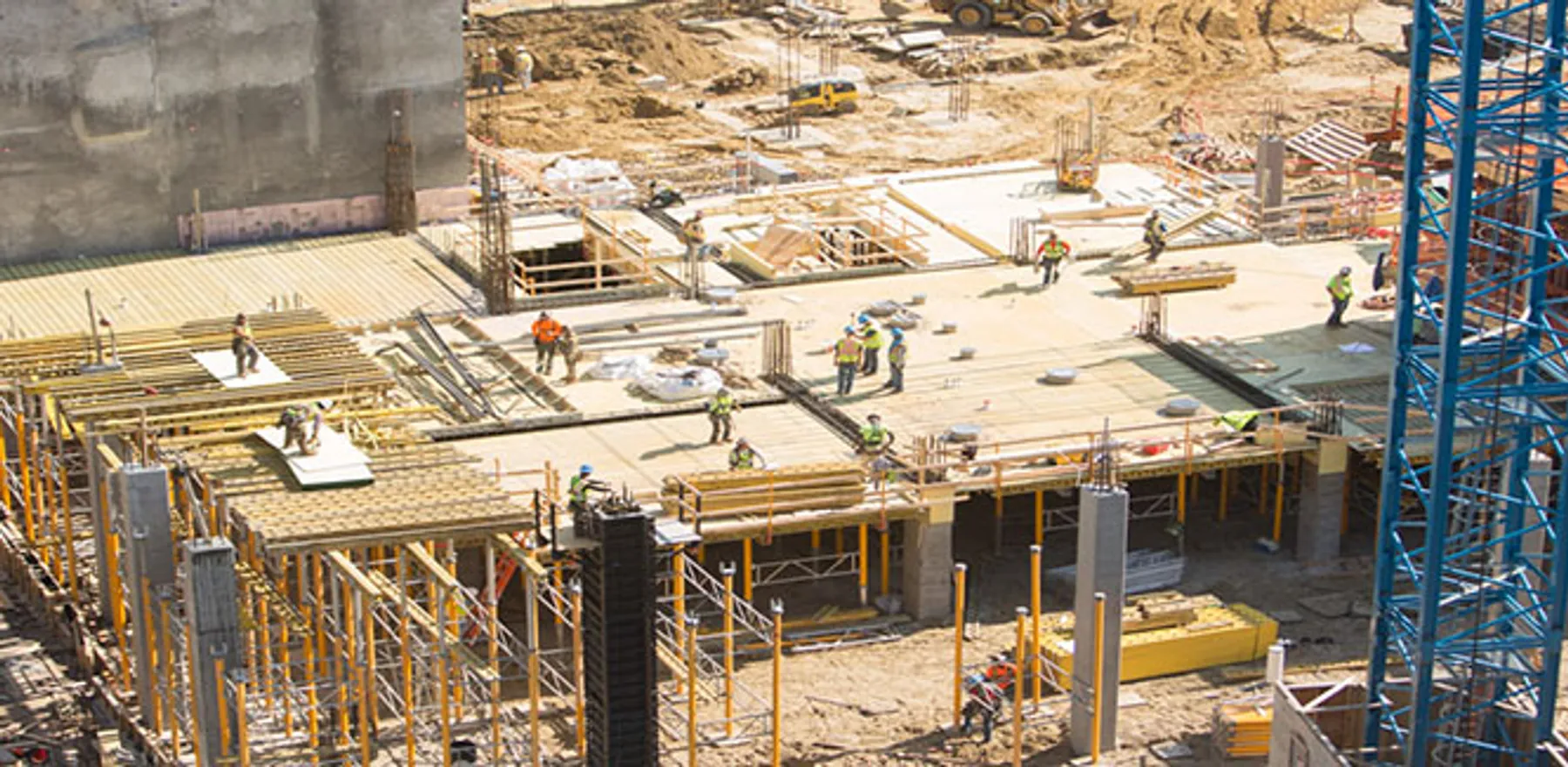If you are lucky, your assessment value, tax rate, and corresponding bill will stay about the same and in rare cases you may actually end up paying less than you did the previous year. More often than not, however, owners will see a steadily increasing bill every year. With significant rises in real estate prices during 2021 and 2022, a large portion of owners are falling into this last bucket in 2023.
For owners questioning whether their property taxes are too high, you will want to review your property’s assessed value before accepting this tax burden. In this blog, the McCoy Valuation team discusses how real estate taxes function, how your locality determines your tax for the year, and what you can do to appeal your tax assessment. We also provide insight into how owners can ensure they are paying a fair and accurate amount of property taxes based on an appropriate assessment value.
What Are Real Estate Taxes and How Are They Calculated?
Simply put, real estate taxes (also known as property taxes), are financial duties levied by the government on real property such as land and buildings. The tax amount that you pay on your property every year is based on an assessed value that is determined by your local government assessor. To find what you owe in taxes, you simply multiply the assessed value of the property by the tax rate of the locality in which it resides. For example, if you own a commercial building that is assessed at $2,000,000 in the City of Norfolk and the tax rate is $1.25 per $100 of assessed value (equivalent to 1.25%), then you would be responsible for $25,000 in annual taxes ($2,000,000 multiplied by .0125).
In order to find what your property is assessed and the applicable tax rate, please visit our resources page and search your locality to see your current and past assessments or visit the links below for Hampton Road’s cities:
-
Norfolk Real Estate Taxes
-
Virginia Beach Real Estate Taxes
-
Chesapeake Real Estate Taxes
-
Suffolk Real Estate Taxes
-
Portsmouth Real Estate Taxes
-
Newport News Real Estate Taxes
-
Hampton Real Estate Taxes
Why Are Real Estate Taxes Important?
The revenue garnered from real estate taxes goes to fund public infrastructure projects and provide public services such as police and fire protection, public schools, transportation, parks and recreation facilities, and other vital services that contribute to the quality of life for residents in the community. Real estate tax revenue provides a significant portion of total tax revenue for local communities. For example, according to Norfolk’s 2022 Annual Report of Assessments, the total value of taxable property was nearly $22 billion, which was an overall increase of 10.24% over the prior year. In Virginia Beach, the year over year increase reached similar levels of 9.24% in 2023 to nearly $70 billion.
Most of the growth in the assessed value base is attributed to increases from general reassessments which conclude that the property’s value has increased since the last assessment. Additionally, total assessed values increase by a small amount from the construction of new properties. It is required by Virginia law to conduct periodic assessments and properties are assessed at 100% of the assessor’s opinion of market value. Many jurisdictions reassess annually, however, by law, six years is the most time allowed between reassessments for counties and four years for cities.
Additionally, real estate taxes can serve as a tool for encouraging responsible land use and development. Higher tax rates on vacant or underutilized properties can incentivize owners to develop or improve their properties, which can lead to economic growth and increased property values. Overall, real estate taxes help drive local government services and infrastructure, promote land use and development, and contribute to the overall health and vitality of communities.
How Do I Challenge My Real Estate Taxes?
Navigating the tax assessment appeal process is best done with a strong understanding of real estate valuation methods, local markets, and comparable property values. Although the exact steps vary by municipality, challenging your real estate taxes consists of the following actions:
- Reviewing Your Assessment Value
- Gathering Evidence on Property Value
- Filing an Appeal
- Attending a Hearing
The first step is to review your assessment value. It may be important to ask questions such as: How much has my property’s assessed value increased over the past three years? What factors are impacting changes in property value? How does my property’s assessed value compare to those of similar properties in the area?
A large jump in assessed value should always be scrutinized. A call to the individual appraiser handing your property assessment can be helpful at this point to understand their reasoning for the increased value.
If asking the above questions leads you to believe your property is over-assessed, you will next want to gather evidence to support your case. At this stage, bringing in an experienced real estate professional can help you make the best case for your property’s fair value. Obtaining a professional appraisal, with supporting evidence of similar comparable properties sold for lower prices and a thorough analysis of potential income and expense items can be an effective way to ensure you have sufficient evidence.
With supporting data collected, owners are then tasked with filing an appeal with the local tax assessor’s office. Your annual bill and municipality’s website should have instructions on where to submit your form and may require a nominal filing fee. Once submitted, you may be invited to attend a hearing (in person or via a zoom call) where you can present your evidence to your local government’s assessor team. For larger properties, having a real estate professional such as an appraiser or real estate attorney can be a cost effective way to help argue your points to the board of tax assessors.
With those four steps taken, property owners will lastly be notified of a decision in the weeks following the hearing. If your appeal is successful, your property taxes will be reduced and you will have unlocked real savings. If your initial appeal is denied, there are additional legal steps available to further appeal the decision.
Appeal Real Estate Taxes in Virginia and North Carolina
Our team at McCoy Valuation has years of experience working with commercial property owners to ensure their real estate is fairly assessed for tax purposes. If you believe you are paying too much in real estate taxes, leverage our team’s expertise to gather the necessary data and evidence to support your appeal to the relevant tax authorities. Whether it’s an office building, retail space, industrial facility, or land, McCoy Valuation can provide high quality analysis and insight into how you might be able to achieve tax savings. If you are considering challenging your real estate taxes in Virginia or North Carolina, reach out to our team today and we would be happy to provide a free consultation.
Written by Thomas McCoy and William Wilson.




